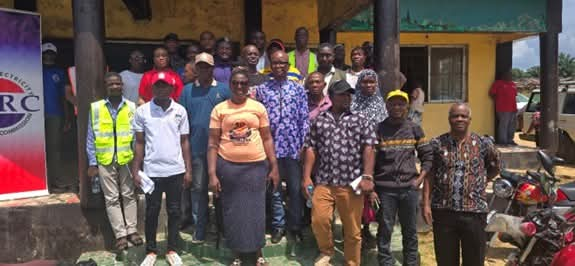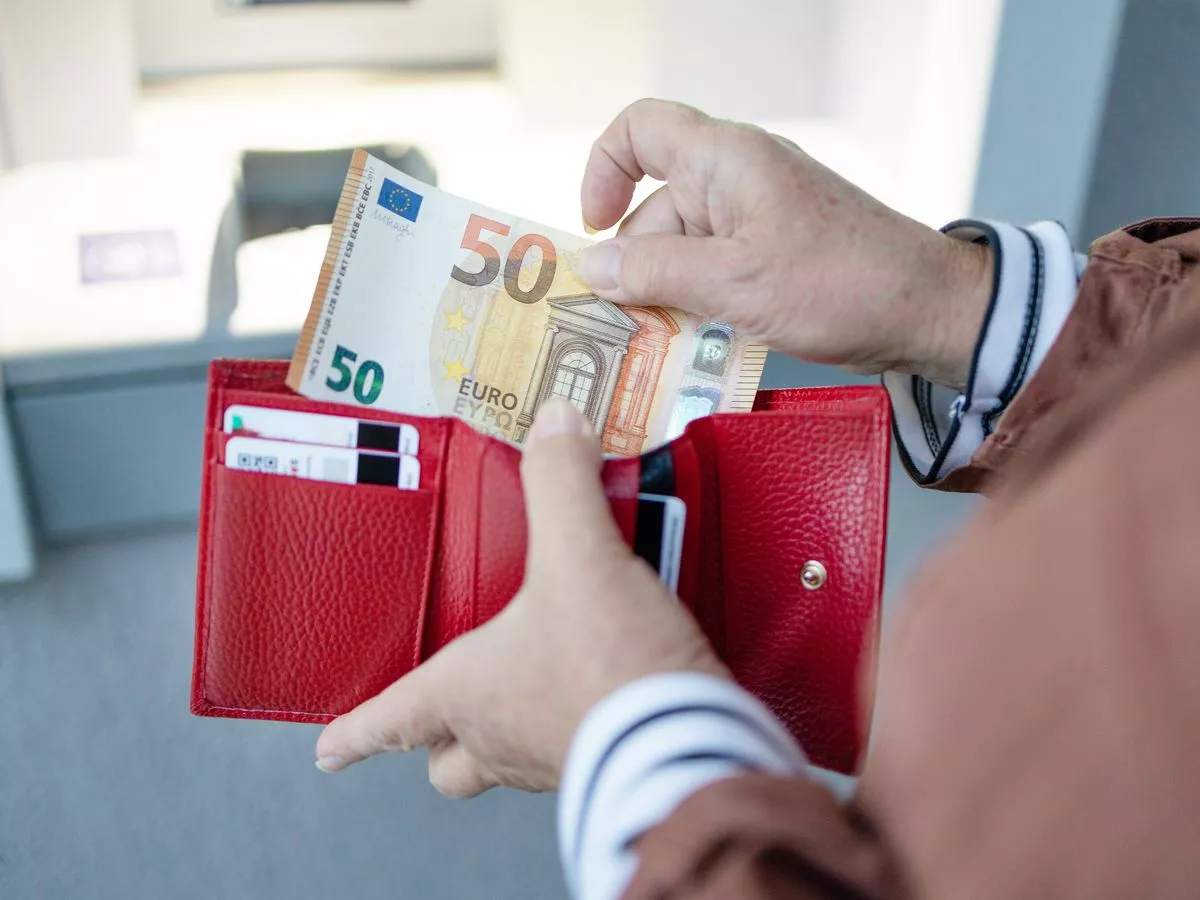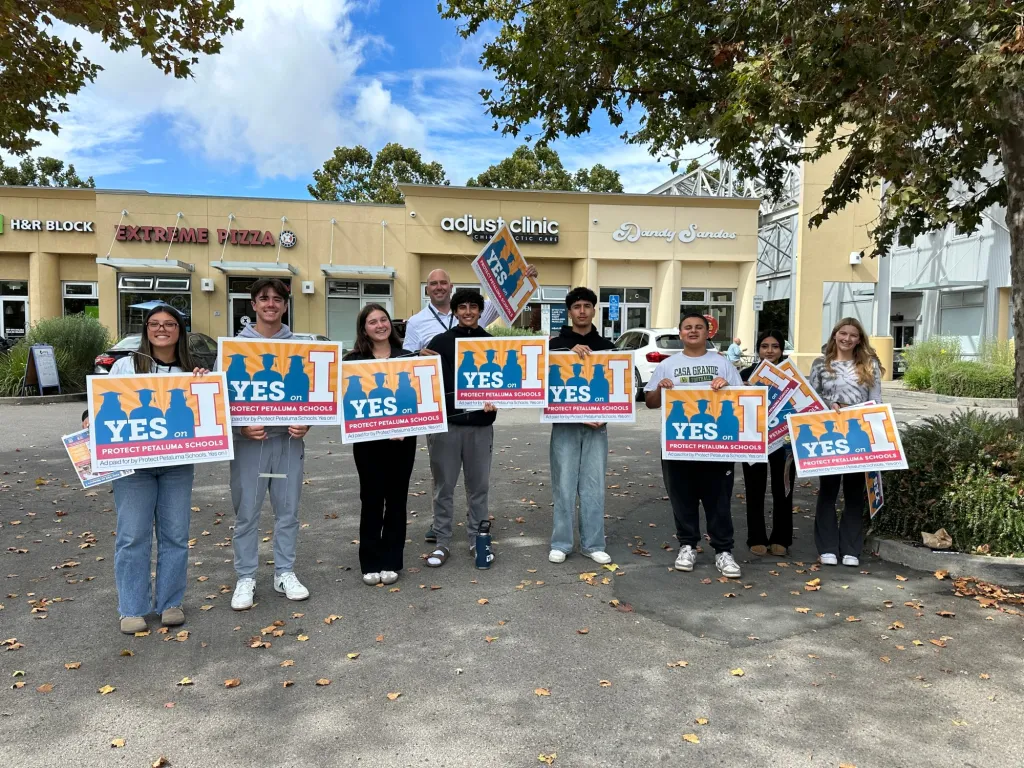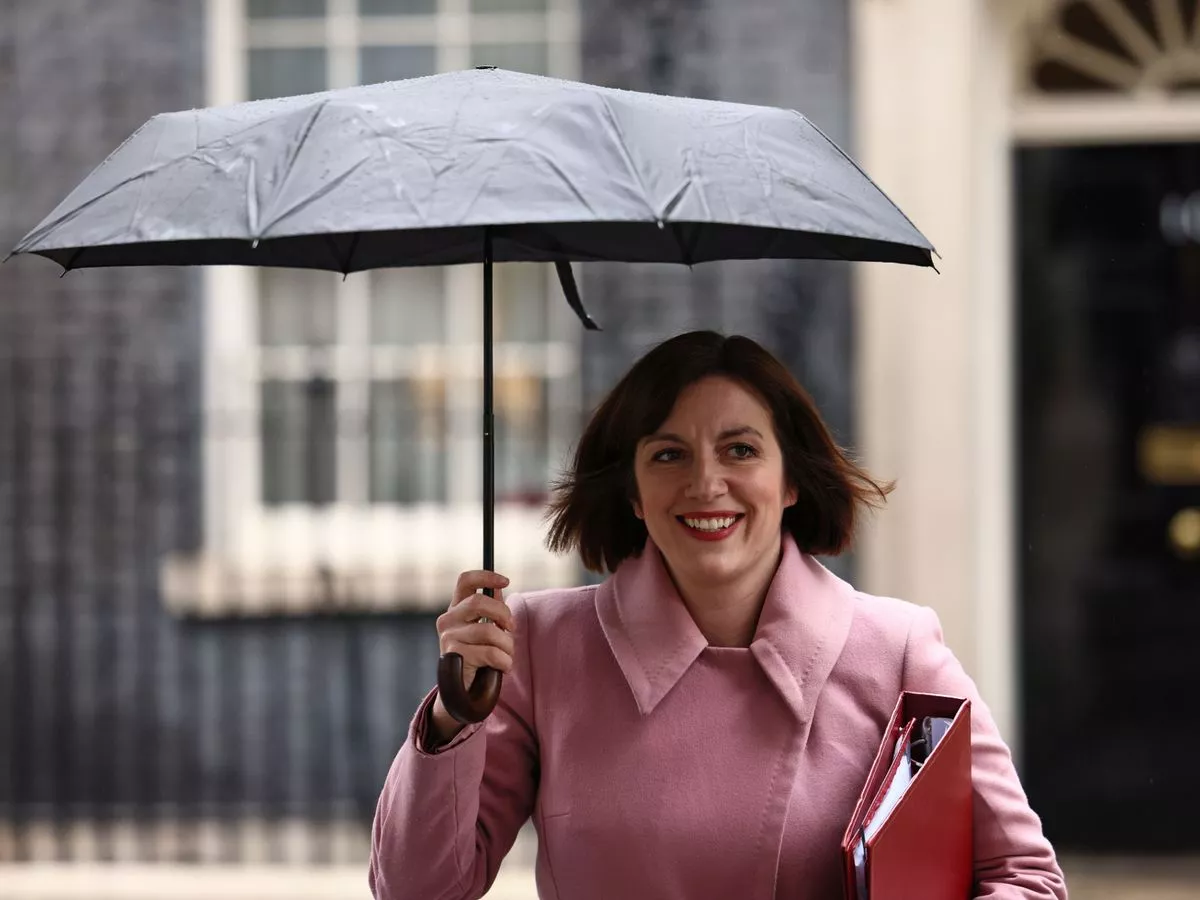Copyright gnnliberia

By Christian Appleton The Liberia Electricity Regulatory Commission (LERC) has conducted two major public hearings in Tubmanburg, Bomi County, and Robertsport, Grand Cape Mount County, on the Liberia Electricity Corporation’s (LEC) proposed tariff application. The hearings, held on October 24 and 25, 2025, attracted over 200 participants, including representatives from local government, civil society, youth and women groups, businesses, and ordinary consumers. The LERC press release stated that the public hearings are part of a nationwide stakeholder consultation designed to ensure citizens and electricity users have a voice in decisions shaping power rates and service delivery. The Commission emphasized that this process underscores its commitment to transparency, public participation, and accountability in the electricity sector. LERC Commissioners Amara M. Kamara and Atty. Kla-Edward Toomey, II, presided over the sessions. They expressed appreciation for the active and frank engagement of local residents and stakeholders, noting that such consultations are crucial for making informed, balanced, and fair regulatory decisions. During the hearings, Messrs. Thomas Gonkawon and George H. Tawalah, senior representatives of the Liberia Electricity Corporation (LEC), presented the Corporation’s proposed tariff application and outlined plans to expand electricity access and improve service delivery nationwide. According to Mr. Tawalah, the LEC intends to increase customer connections by 74 percent over the tariff period—from 355,803 customers in 2025 to 619,623 customers in 2028. This significant growth is driven by planned grid expansion, new generation capacity, and improvements in the transmission and distribution networks. Mr. Tawalah further disclosed that electricity consumption is projected to grow by 154.7 percent, from 374 million kilowatt-hours (kWh) in 2025 to 953 million kWh in 2028. He attributed this increase to the extension of the national grid, rising household and business demand, and the completion of several ongoing generation and transmission projects. “The Liberia Electricity Corporation remains committed to providing reliable, affordable, and sustainable electricity to all Liberians,” Mr. Tawalah stated. “Our proposal seeks not only to recover operational costs but also to ensure that more citizens and businesses benefit from grid connectivity.” Proposed Tariff Adjustments The tariff application proposes modest adjustments across various customer categories: The Social Tariff is expected to decrease by 13.3 percent, offering relief to low-income and vulnerable customers. Residential Prepaid and Residential Postpaid categories will remain unchanged (0.0%). Non-Residential Prepaid and Non-Residential Postpaid customers face a 9.1 percent increase. The Medium Voltage category (institutional and industrial customers) will see a 5.3 percent increase. LEC officials explained that these adjustments form part of a cost-reflective tariff structure aimed at aligning electricity pricing with operational realities, generation costs, and ongoing infrastructure investments. They stressed that the changes are necessary to support the utility’s efforts to improve service quality, reduce outages, and expand connections nationwide. The hearings featured lively discussions and direct engagement. While many participants commended LERC and LEC for organizing the events, some expressed concerns about the reliability of power supply, high connection costs, and frequent outages in rural areas. A business representative in Tubmanburg remarked that while tariff adjustments may be necessary, the LEC must ensure consistent power delivery. “We want to pay for power that is reliable. Frequent blackouts affect our businesses and discourage investment,” he noted. LEC officials acknowledged the challenges, citing ongoing projects to modernize the grid, enhance maintenance, and deploy more efficient power management systems. Commissioner Kamara reiterated the vitality of public participation, assuring participants that all concerns and inputs would be carefully reviewed and incorporated into the final decision. “Your feedback helps us strike a fair balance between affordability and sustainability,” he emphasized. The hearings in Bomi and Grand Cape Mount are the start of a broader nationwide consultation. Similar sessions are planned for Grand Bassa, Margibi, Rivercess, and Montserrado Counties in the coming weeks. Following the conclusion of all hearings, LERC’s technical staff will conduct a thorough review and analysis of the comments, questions, and data. The Commission will then prepare a comprehensive report to guide its deliberations. The final ruling on the LEC tariff application is expected on December 8, 2025, with the new tariff structure, if approved, taking effect on January 1, 2026. LERC assured the public that its decision will be based on technical, economic, and social considerations, balancing the need for a financially sustainable utility with the broader national goal of universal electricity access. Observers have described LERC’s county-level hearings as a significant step toward promoting inclusive energy governance in Liberia. By bringing discussions directly to communities, the Commission enables citizens outside Monrovia to influence key decisions about power pricing and service delivery. Civil society representatives urged LERC and LEC to prioritize rural electrification, affordability, and transparency, and called for public education on energy conservation. As Liberia continues to modernize its energy infrastructure, the outcome of the current tariff review will be decisive in shaping the sector’s financial health, the quality of service, and the pace of national development. Stakeholders and citizens are watching closely, hopeful that the new framework will promote fairness, sustainability, and progress in Liberia’s electricity landscape.



